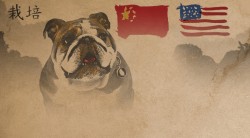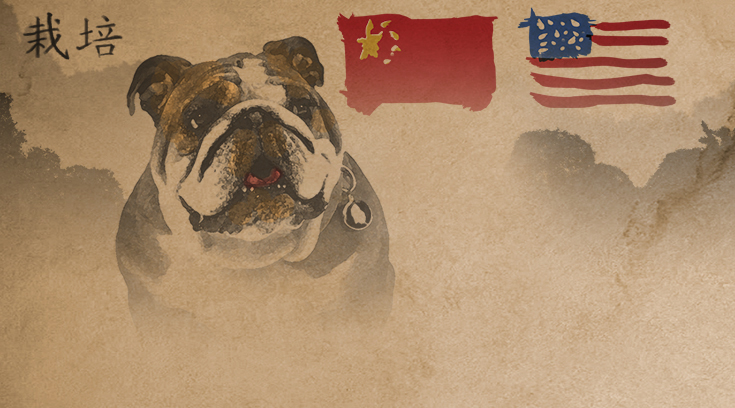 Drake fosters international understanding through partnerships with Chinese institutions
Drake fosters international understanding through partnerships with Chinese institutions
James Cozzone’s infatuation with China began in high school as he listened to his friend’s father describe business trips to the country. In college, his interest in China grew as he studied international business and began to understand the country’s integral role in the world’s economy.
“The opportunity to work and live in China became my ambition,” he says.
So when Drake offered Cozzone a chance to live his dream through the Teach in China program, he “ took it without any hesitation.”
Cozzone, BN’10, will complete his second year of teaching at Chengde Medical University in Chengde, China, this month. Afterward, he will move to Shanghai and begin a one-year position for Everfaith International Company Limited before he moves to Chicago to oversee the international manufacturing company’s American division.
“I think one of the most important things I have learned from this experience is the language,” he says. “I can take this with me for the rest of my life. It has made my life in China more comfortable and helped me understand the culture and create better relationships with the Chinese. My experience here has also taught me to adapt to new environments and welcome change.
Cultural Connections
The Teach in China program began in 2004 as a way to help Drake graduates better understand the cultural, economic, and political issues affecting China. Through the program, Drake facilitates full time job placements for Drake graduates. Participants spend a year teaching in one of five cities in which Drake has partner institutions, typically at the university level.
“We ask for a yearlong commitment because the second semester is when you really start to work through cultural shock,” says Kirk Martin, director of Drake’s Chinese Cultural Exchange Program. “It allows you to settle into a routine, develop meaningful relationships, and figure out what you need to survive in China.”
The benefits of the Teach in China program are numerous. It’s an opportunity to gain meaningful work experience in the world’s second largest economy, interact and build relationships with Chinese students and professionals, and explore a foreign country.
The program is open to students in any of Drake’s colleges or schools, though the majority of students have studied topics liked international relations, cultural and society, journalism, or business.
“Most people who come into the program don’t plan on teaching long-term, but they do want to develop the ability to work and survive in a foreign culture,” Martin says. “Being a teacher in China is a real opportunity to gain interpersonal skills and to learn how to work within the Chinese system. After the program, participants are much more confident in themselves and their ability to work through challenging situations.”
A Global Education
The Teach in China program is just one facet of Drake’s partnership with Chinese institutions. Through Drake’s Chinese Cultural Exchange Program, the University prepares students for responsible global citizenship and fosters understanding on both sides of the world.
During the academic year, Drake faculty members make short-term visits to Drake’s partner institutions to guest lecture, hold seminars, or perform.
Chinese faculty members travel to Iowa to lead academic activities at Drake as well. Drake also offers transfer programs for Chinese students who wish to complete their degrees in the United States. These on-campus opportunities to interact with Chinese students and faculty enrich the cultural experiences of Drake students who may not be able to participate in China-based programs.
Martin says Drake’s commitment to continued academic, professional, and cultural exchanges with China is significant given China’s relationship with the United States and its increased influence on the global scale.
“The ability of our two countries to work together is going to determine the fate of many people in the world, and the distance between us makes it necessary for us to understand one another,” he says. “These types of exchanges help us gain understanding.”
—Elizabeth Ford Kozor, JO, AS’07


